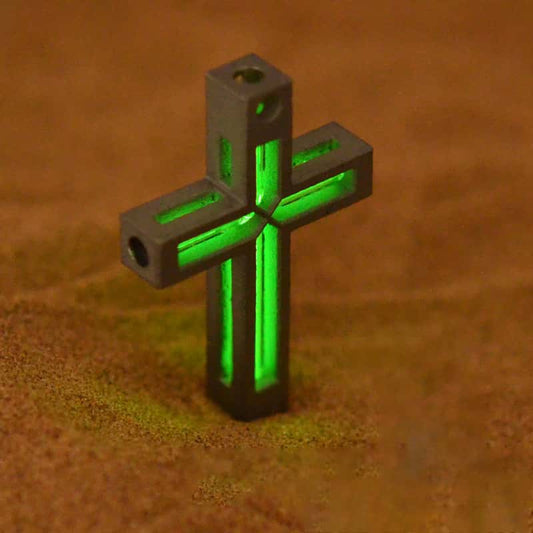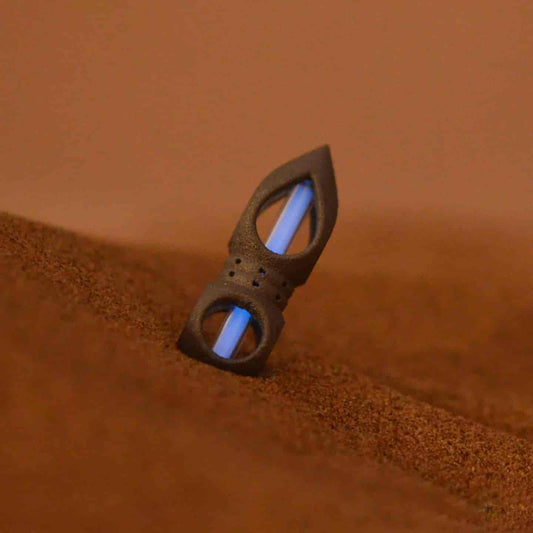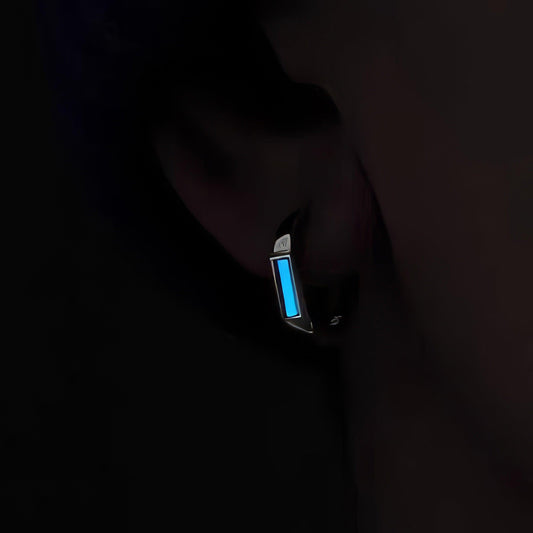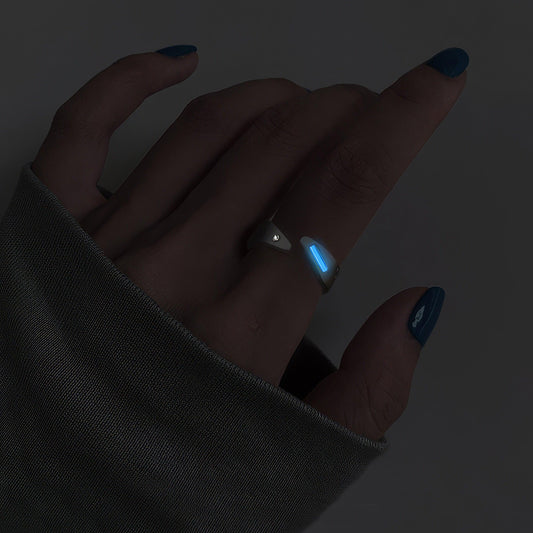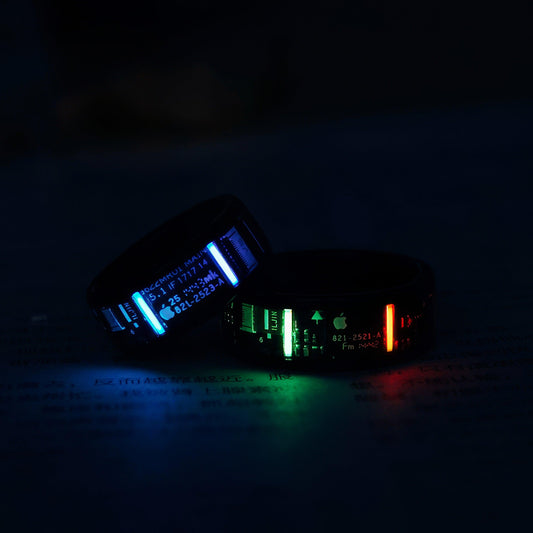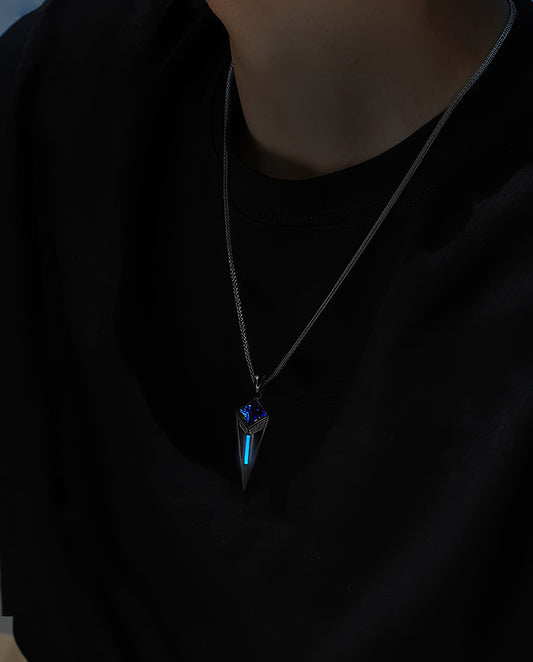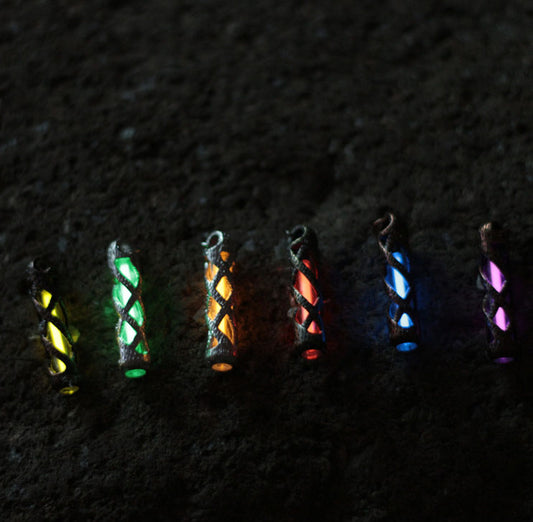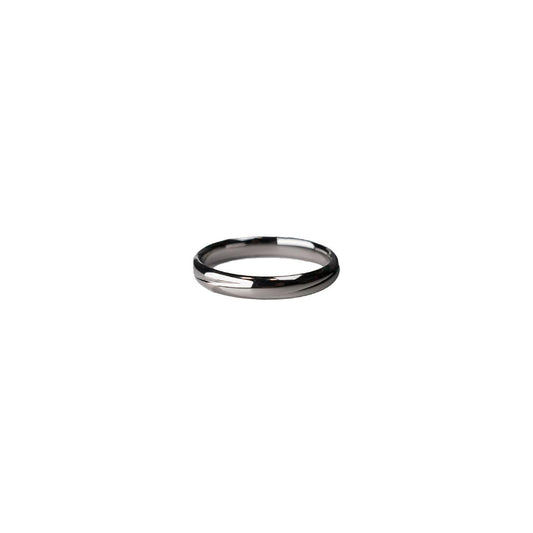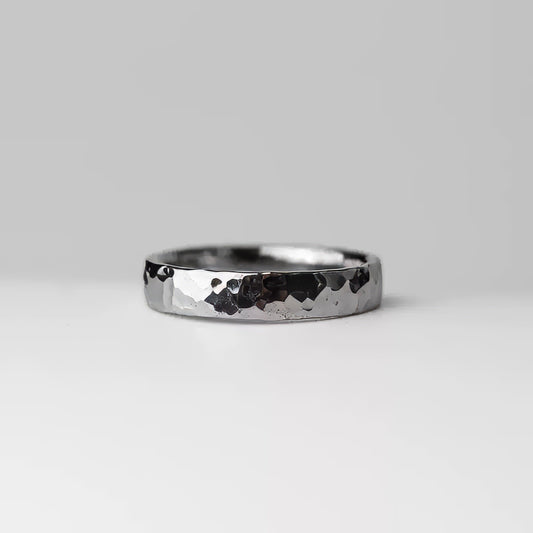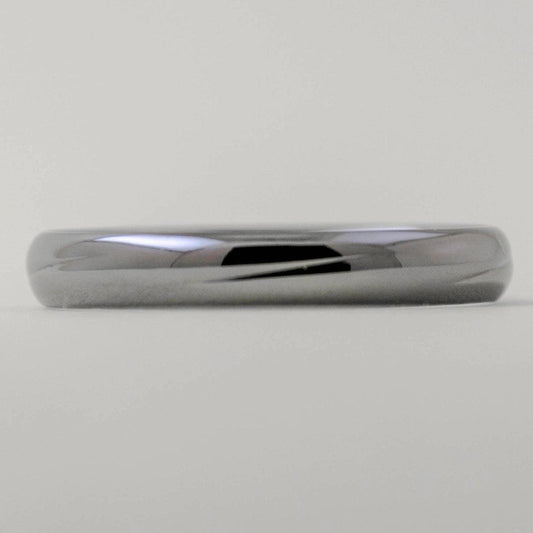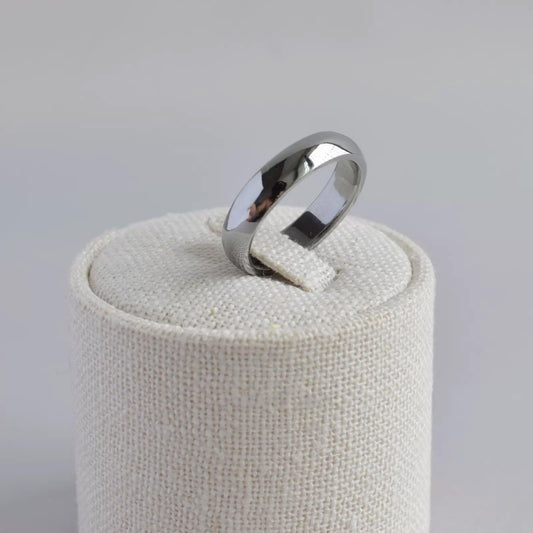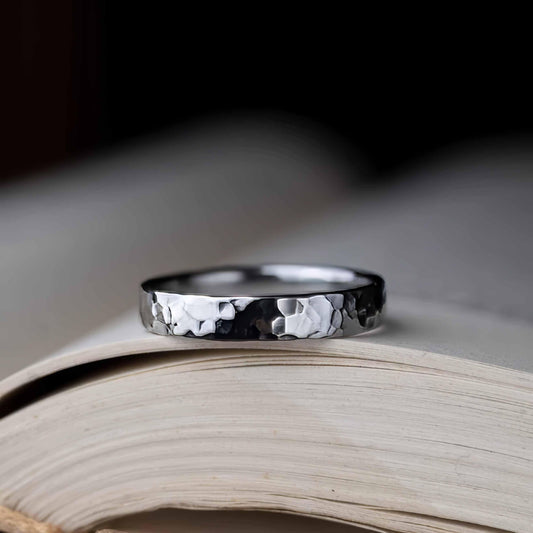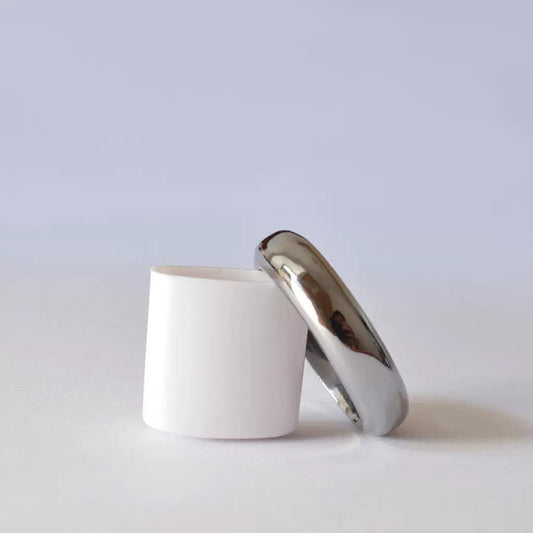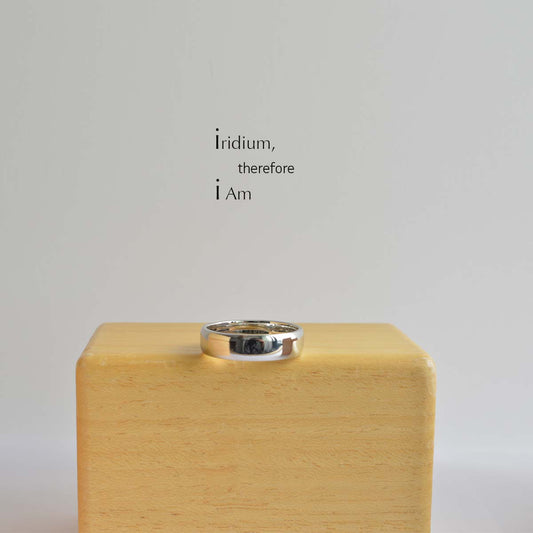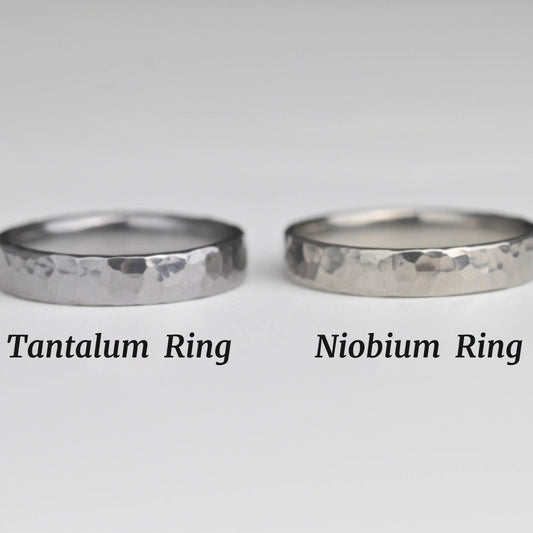The Fascinating Journey of the Marriage Finger
The Fascinating Journey of the Marriage Finger
When I was a child, I remember watching my parents hold hands at the dinner table, my mother's left hand adorned with a simple gold band. I remember wondering why people wore rings on that particular finger and what made it so special. Years later, I learned that the tradition of wearing a wedding ring on the fourth finger of the left hand has a story as unique as the people who follow it.
In much of the Western world, the "marriage finger" refers to the fourth finger of the left hand, also known as the ring finger. The origins of this tradition are often traced back to ancient Rome. The Romans believed that a vein, known as the "vena amoris" or "vein of love," ran directly from this finger to the heart. Though anatomically incorrect, this romantic notion captivated imaginations and took hold. The idea of a direct connection to the heart made the finger a fitting choice for a symbol of love and commitment. It’s a charming cultural myth, yet it’s fascinating to think about how traditions emerge from stories that speak to our deeply human desire for meaning and connection.
Wearing the wedding ring on the left hand is largely a Western custom. Interestingly, in some European countries such as Germany and Norway, the right hand is the traditional choice for marital bands. It’s a reminder that while the language of love is universal, its expressions can be delightfully diverse. I remember a brief trip to Berlin where I met a couple celebrating their 50th anniversary. They showed me their wedding rings proudly resting on their right hands. For them, the hand was less important than the symbol of a shared journey—a lovely truth in itself.
The choice of finger also has practical considerations. The ring finger on the non-dominant hand may experience less wear and tear, making it a safer place for daily jewelry. I discovered this the hard way when I lost a favorite ring doing dishes; luckily, my wedding band was safe and snug on my left hand. We form habits around our daily rituals, and the traditions we uphold give us a sense of continuity in an ever-changing world.
In today’s world, traditions continue to evolve. Some people choose the ring finger simply because it feels right, others have embraced ring tattoos, or opt for no rings at all. The important thing, I think, is that the meaning remains personal and authentic to the couple.
Ultimately, the marriage finger is more than just a cultural relic. It’s a testament to our innate longing to find connection and to hold it dear. As I look down at my own ring, I don’t just see a piece of jewelry; I see a story, a promise, and a love that has weathered time. And, really, isn't that what matters most?
